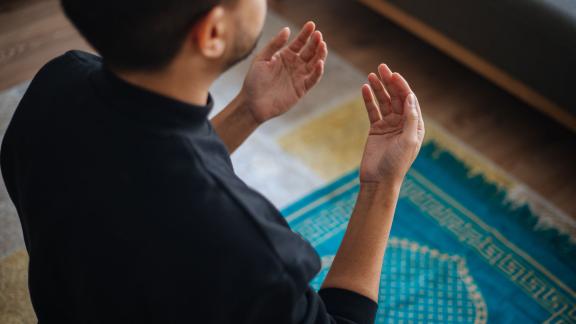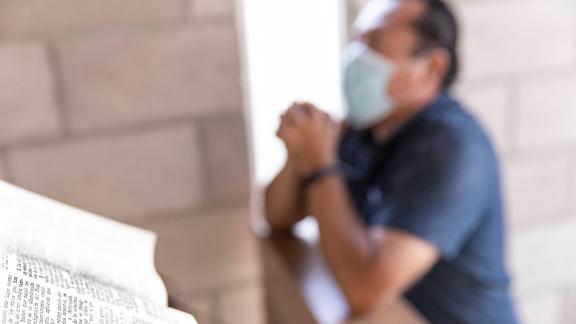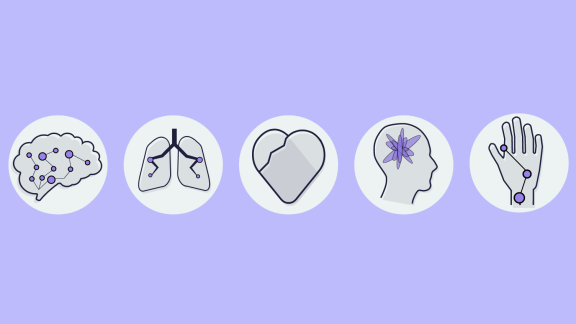Access guidance to support your workforce during Ramadan

Ramadan is the holiest month in the Islamic calendar and is observed by Muslims worldwide. It lasts for a period of 29 or 30 days and culminates with the first day of Eid which is likely to fall on 19 March 2026. Exact dates are subject to sightings of the moon.
Traditionally Ramadan is a time for communal prayer, spiritual reflection, meals with extended family and friends to break daily fasts, concluding with the community celebration of Eid-Ul-Fitr.
Many NHS staff who are Muslim will participate in a daily period of fasting, starting at dawn and finishing at sunset over the month. This means abstaining from food, drink (including water) and smoking. While the fast is an important part of Ramadan, it is also a time of self-reflection, self-evaluation, increasing worship and charitable deeds.
Not all Muslims will observe the fast in Ramadan, either out of choice or because they are religiously exempt. Fasting is both a communal and individual experience and one that many Muslim staff and communities will look forward to.
The benefits of accommodating religious beliefs and practices in the workplace
- By supporting fasting colleagues during Ramadan, managers and NHS organisations can improve staff wellbeing, productivity and strengthen the sense of belonging within the workplace.
- According to Muslim census, if Muslims feel their workplace is supportive during Ramadan, they are twice as likely to stay at their current place of employment.
Further guidance
Several organisations have developed useful guidance to help both staff and managers during Ramadan, or can help give advice about how to support Muslim staff at work.
- Read the Ramadan Health Factsheet 2024 published by the Muslim Council of Great Britain.
- Access the British Islamic Medical Association Ramadan compendium.
- Find out about the work of the NHS Muslim Women's Network and how they support Muslim women.
- Access the BMJ visual summary about advising patients with existing conditions about fasting during Ramadan
Should you have any questions about Ramadan or supporting religion in the workplace please email enquiries@nhsemployers.org.



